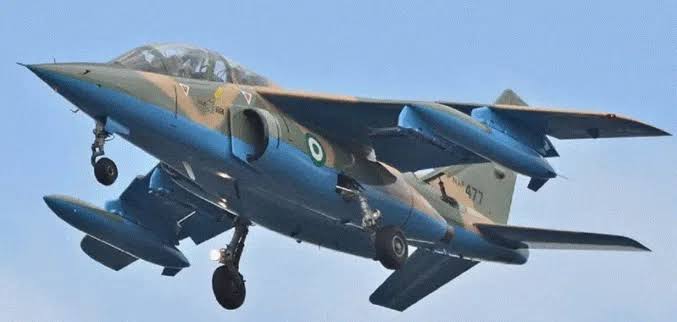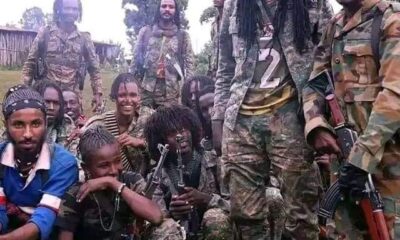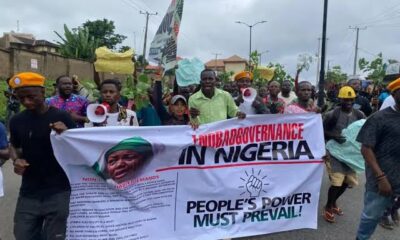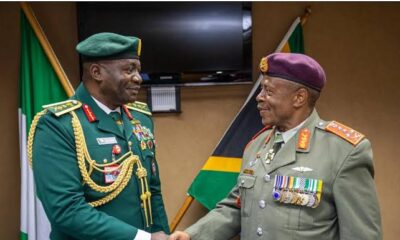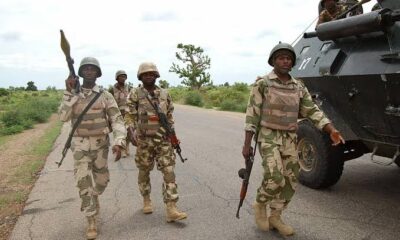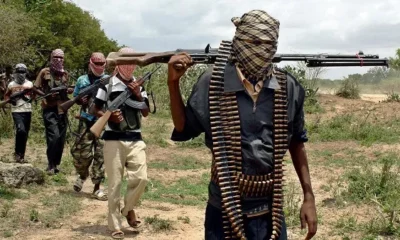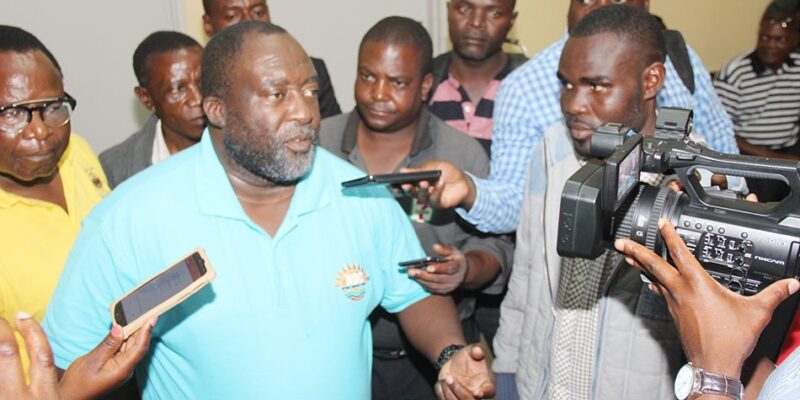Anger is currently simmering after a Nigerian Army warplane dropped bombs on a religious gathering in Tudun Biri in the Igabi Local Government Area of Kaduna State in north-west Nigeria on Sunday, which left no fewer than 85 villagers dead.
Residents of the affected communities said the people were celebrating an Islamic ceremony known as Maulud when the warplane released the bombs on the crowd in what the Army has now said was a “mistake” as the jet was on the trail of fleeing terrorists.
The Director of Defence Media Operations, Maj.-Gen. Edward Buba, who issued a statement on Tuesday in Abuja, said the Nigerian Army’s Unmanned Aerial Vehicle (UAV) detachment had at “about 2200hrs on Sunday, observed the movement of terrorists at Ligarma, known to be a terrorist-infested area of Kaduna State.
“The aerial surveillance captured the movement of groups of people synonymous with terrorist tactics and modus operandi.
“The surveillance team observed advance of the terrorists that were gathered posed a threat to key infrastructure within reach of their activities.
“The threat was eliminated to prevent terrorists from unleashing terror on innocent civilians. It should be noted that terrorists often deliberately embed themselves within civilian population centres for civilian population to bear the consequences of their atrocities.
“Nevertheless, the Nigerian military does its best at all times to distinguish between civilians and terrorists.
“The military views every civilian death in the cause of operations as a tragedy, as such tragedies are needless and unwanted, which causes the armed forces to take extensive measures to avoid them”.
But despite the clarification by the DHQ, the incident has triggered both local and international condemnation, including President Bola Tinubu who condemned the unfortunate killing of innocent Nigerians.
In a statement on Tuesday by his Special Adviser on Media and Publicity, Ajuri Ngelale, President Tinubu said the incident was not only unfortunate but disturbing and painful. He commiserated with the families of victims.
“President Bola Tinubu sympathises with the families of victims, the people and government of Kaduna State over the bombing mishap in a village at Tundun Biri in Igabi Local Government Area of the state,” the statement said.
“The President directs a thorough and full-fledged investigation into the incident and calls for calm while the authorities look diligently into the mishap.
“The President also directs swift and comprehensive medical attention for surviving victims while praying for the repose of the souls of the deceased,” the statement added.

 Sports2 days ago
Sports2 days ago
 Metro2 days ago
Metro2 days ago
 Metro1 day ago
Metro1 day ago
 Culture2 days ago
Culture2 days ago
